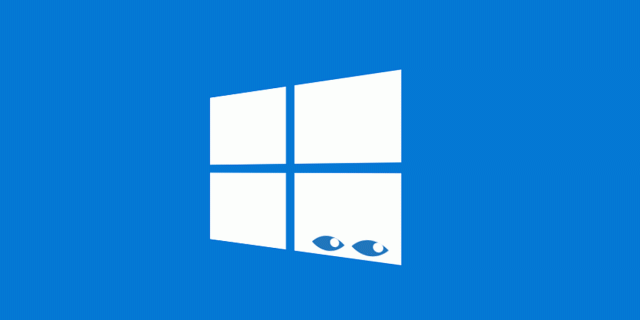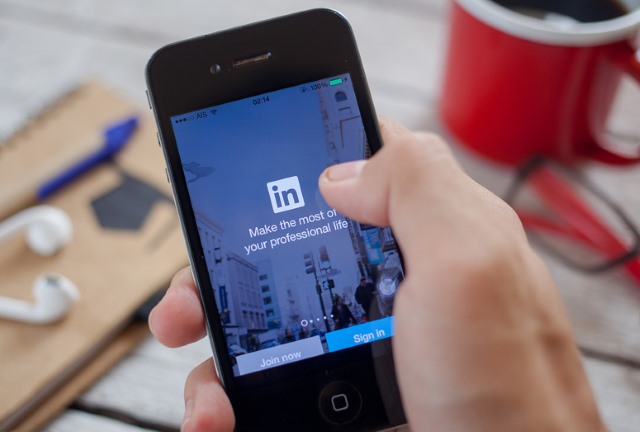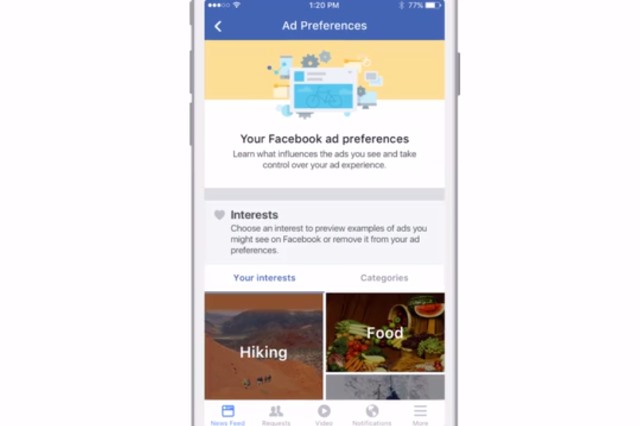
WhatsApp's new privacy policy reveals it will share data with Facebook for targeted user ads
The ever-popular messaging tool WhatsApp is to start sharing more user data with its parent company Facebook. The updated privacy policy means that WhatsApp will now share users' phone numbers with Facebook to "offer better friend suggestions and show you more relevant ads".
The updated policy also communicates the fact that end-to-end encryption has rolled out, but it is the privacy side of things that will be of greater interest to many people.

Privacy-flouting, Apple-only social app Lifestage is Facebook's desperate attempt to stay relevant to teens
Facebook has become so ubiquitous that even your mum is using it. This is just one of the many reasons the social networking giant has lost any vestiges of coolness, but the company is keen to try to claw some back.
The latest attempt to get down with the kids is a new social app called Lifestage. Aimed at 'high schoolers' the app is available for iPhone and iPad and for those with a profile it "makes it easy and fun to share a visual profile of who you are with your school network". It looks and sounds godawful, and comes across as a privacy nightmare.

Mass surveillance by UK government is acceptable but there are privacy concerns, says review
A review into mass surveillance and bulk data collection by the UK government has concluded that there is a strong case for allowing such activity. The privacy-invading activities of MI5, MI6 and GCHQ were the subject of a report by independent reviewer David Anderson QC, and the findings have been welcome by prime minister Theresa May.
The report is likely to concern privacy advocates, particularly when Anderson goes on to say that he agrees 'in principle' that there could be cases for hacking phones and computers. It gives heavyweight backing to the controversial Investigatory Powers bill (snooper's charter).

Twitch is exposing your activity by default -- here's how to fix the privacy issue
As someone that grew up playing video games in the 1980s, I am rather intrigued by the current trend in watching other people play. It is not so different from when I was a kid actually -- upwards of ten children from the neighborhood would all gather around one NES waiting for their turn to play. If you think about it, we probably spent more time watching others playing than doing so ourselves.
One of the most popular video game streaming platforms is Twitch. There are countless folks broadcasting themselves playing games, and even more spectating. The service has introduced a new feature that some folks might not like. By default, it will expose your activity on friend lists. Don't like that? Luckily, there is a fix.

Security researcher accuses Microsoft of 'sneaky data mining' in Windows 10
Ah, you can never get enough paranoia nowadays, can you? Security researcher Mike Patterson -- founder and CEO of security analytics organization Plixer -- says Microsoft's Windows 10 sends encrypted data from your machine every five minutes, and there’s basically very little you can do to stop it.
Even when he opted out of everything he could find, regarding data transfer, the OS still continued to do it. The weirdest part about it is that you can’t really determine what is being sent. The content was encrypted so that it is impossible to know what’s going out, essentially hiding this information from the end-user.

EFF rips into Microsoft and Windows 10 for 'blatantly disregarding user choice and privacy'
Two months ago, we reported on a Change.org petition that had been set up to persuade the EFF (Electronic Frontier Foundation) to investigate Microsoft for "malicious practices regarding Windows 10".
That petition picked up close to 6,000 signatures, and today the EFF responds with a deep dive into Microsoft’s sneaky tactics and Windows 10’s spying, and its take on things is pretty damning. According to the EFF, Microsoft’s strategy for user adoption has "trampled on essential aspects of modern computing: user choice and privacy" and, naturally, the privacy-focused organization thinks that’s wrong.

LinkedIn sues 100 individuals for scraping user data from the site
Professional social network LinkedIn is suing 100 anonymous individuals for data scraping. It is hoped that a court order will be able to reveal the identities of those responsible for using bots to harvest user data from the site.
The Microsoft-owned service takes pride in the relationship it has with its users and the security it offers their data. Its lawsuit seeks to use the data scrapers' IP addresses and then discover their true identity in order to take action against them.
Europe wants to control the likes of WhatsApp and Skype like telcos
The EU is looking to exert greater control over online messaging tools such as WhatsApp and Skype. Documents seen by the Financial Times suggest that Brussels wants to treat such services more like traditional telecoms companies.
The proposals come amid mounting privacy concerns about data handling, particularly the "security and confidentiality provisions" from companies like Microsoft and Facebook.

Adblock Plus says open source developers will fight for users' right to block ads on Facebook
Following on from Facebook's decision to override users' ad blocking tools, Adblock Plus has fired one more shot, saying that it will continue the fight for the right to an ad-free social networking experience.
After finding a way to prevent Facebook blocking ads, which Facebook then bypassed once again, Adblock Plus says that while the game of cat and mouse may continue, it wants to use what it describes as "probably be the last time we talk about it for a while" to say that the open source community will fight the good fight for users.

Ad blockers find a way to circumvent Facebook's ad blocking circumvention
Facebook's announcement that it would start to punch through ad blockers to make sure everyone sees ads was met with understandable condemnation and consternation. One of the best known ad blockers, Adblock Plus, soundly criticized the move, saying that it was an example of 'cat-and-mouse games'.
And so it begins. Facebook may have said that it will circumvent ad blocking tools, but now ad blockers are fighting back. The open source community has worked is magic and come up with code that circumvents Facebook's circumvention. How meta...

The discovery of child porn is not enough to justify warrantless email searches
Child pornography is something that, understandably, raises hackles and many people would argue that anything possible should be done to pursue those believed to be involved. But a court in the District of Kansas has ruled that the discovery of images of child porn is not enough to justify warrantless email searches by agents.
The 10th Circuit Court of Appeals ruled that email attachment images obtained by the National Center for Missing and Exploited Children (NCMEC) should be dismissed as evidence as they were gathered via what was deemed to be a warrantless search.

Adblock Plus responds angrily to Facebook's plan to circumvent ad blockers
Facebook's plans to show adverts to everyone regardless of whether they are using an ad blocker was always going to prove controversial. The decision to bypass the privacy and security tools that many people have put in place has riled one company in particular -- Adblock Plus.
Describing the social network's latest move as being 'all anti-user', Adblock Plus's Ben Williams says that it is an 'unfortunate move' that 'takes a dark path against user choice'. He goes on to pooh-pooh the idea that Facebook made the decision based on what users want.

Facebook's ads will bypass ad blocking software
Advertising on Facebook has undergone many changes over the years, but the latest tweak is likely to prove particularly controversial. As well as announcing the rollout of new controls for users to set ad preferences, the social network today says that its ads will circumvent ad blocking software.
The idea of bypassing the likes of Adblock Plus will almost certainly rub many Facebook users the wrong way. In an attempt to sweeten the pill a little, the company says its new ad preferences controls will enable you to filter out irrelevant ads so you only see ads that might be of interest.

Business apps are not ready for EU's GDPR rules
Time is relentless. The GDPR is moving ever closer, while at the same time apps aren’t. And that’s a huge problem for businesses, because if apps are not GDPR-compliant, they’re not GDPR complaint. That can mean huge fines, possibly even the end of businesses.
The fact that apps are far away from being GDPR compliant came as a result of a new and extensive study by Blue Coat Labs. The company analyzed more than 15,000 enterprise cloud applications in use and 108 million enterprise documents stored and shared within them.

Microsoft uses data gathered from telemetry to reduce Windows 10 Anniversary Update rollback period
If you've upgraded to Windows 10 Anniversary Update, you only have 10 days in which to roll back to your previous operating system if you change your mind. This is a dramatic reduction from the 30 days Microsoft allowed users previously.
As noted by Richard Hay on WinSuperSite, the latest big update to Windows 10 slashes this period by two thirds. This is not just an arbitrary change, however. Microsoft says it is based on data gathered via telemetry.
